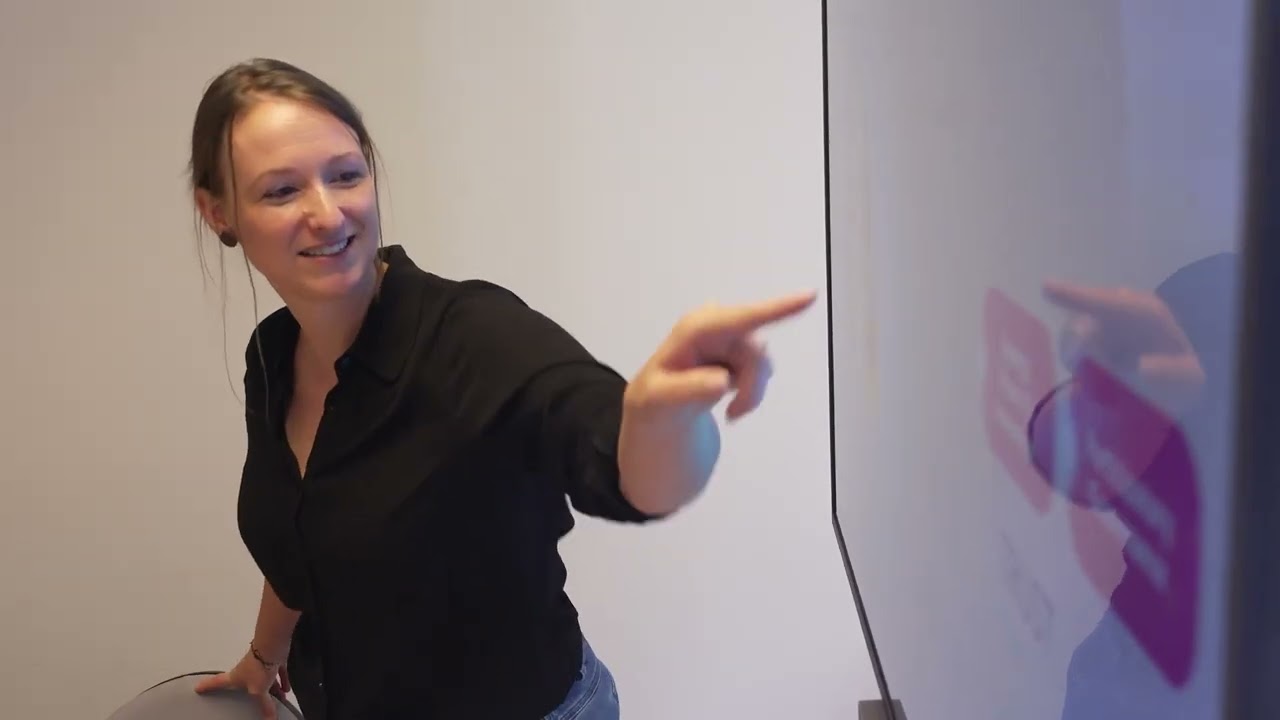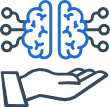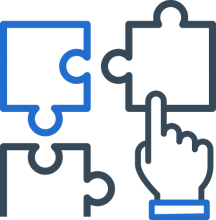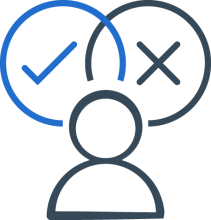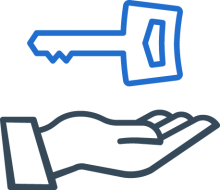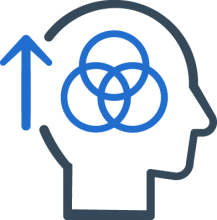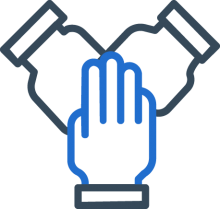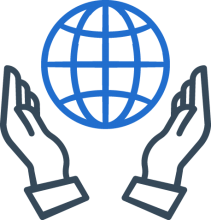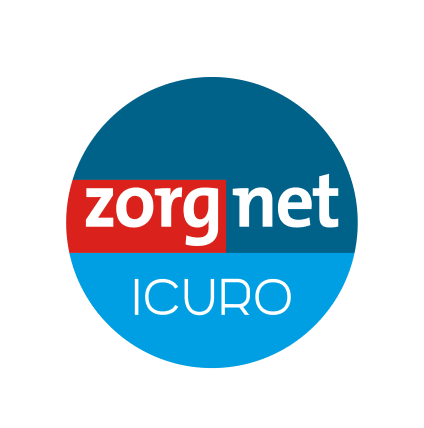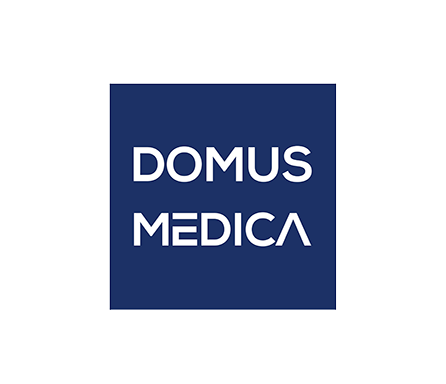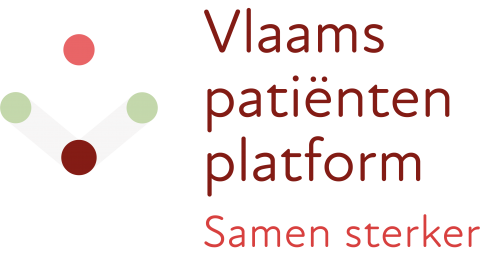We Are
Personal data such as personal preferences, pedometers, travel movements, internet searches, etc. Our data is omnipresent in our lives and in society. We can no longer imagine life without data and apps. The corona crisis has also meant that even more things are happening online, such as teleconsultation or the corona virus alert app, Coronalert. Despite the many advantages and possibilities, the suspicion of unauthorised use of data is currently high.
As citizens, we are becoming more aware of the use of data by third parties and its importance. Knowledge centres, universities, governments and companies need data to be able to develop new technologies, do research into evolutions, diseases, etc.
We Are wants to ensure that citizens have confidence in how their data is used.
Watch Kanaal Z's report on We Are (in Dutch)
Vision
Give citizens and patients control over their data
The covid-19 crisis has made us aware of the importance of data every day. The approach and every possible way out of the pandemic was based on data. There was the daily overview of the number of new infections, hospitalisations, coronary deaths and so on. Behind the scenes, call data mapped out our movements; when we visited restaurants, we had to leave our personal details. Belgium launched its own alerting app, Coronalert, which is only useful if combined with human contact tracers at all times to ensure full coverage. Sources, contacts and clusters of infected people had to be exposed. But there was and still is distrust and unease. And this brings us to a much broader and more fundamental problem surrounding the use of personal data: in our current system, innovation and ethics seem difficult to reconcile. In fact, they often seem to be diametrically opposed.
Read the full vision article/opinion paper here >
Who are we
Building the We Are system requires a great deal of expertise. That is why We Are is a partnership of various parties:
- Domus Medica
- VITO (Flemish research centre)
- Vlaams Patiëntenplatform vzw
- Zorgnet Icuro
Together we are committed to creating a sustainable civil-scientific ecosystem for personal health data.
The We Are partnership wants to increase the confidence of citizens and patients in data-driven research and development. We Are does this by giving citizens ownership of their own data and by actively involving them in decisions about the platform that manages the data. This gives citizens the guarantee that they can share their data in a safe way as a leverage for personal wellbeing and the common good. Indeed, data sharing has many advantages for developing new services tailored to a person or group of people or for conducting highly targeted research.
What we do
Careful principles are used to use personal health data for innovation. First and foremost, the data must contribute to improving the health, well-being and quality of life of individuals in their daily lives. The We Are partnership uses a guide for how to proceed.
We Are is committed to working out a system whereby:
- the citizen is in the driving seat
- the citizen can manage his own data
- there is clarity at all times about what happens to personal data
- the citizen chooses which data (whether or not anonymised) may be used and by whom
- Institutions and/or companies are given new opportunities for research and development
- there will be collaboration with existing platforms for data sharing and services
- ethics, sustainability, transparency and innovation go hand in hand and are at the service of society
we are ecosystem
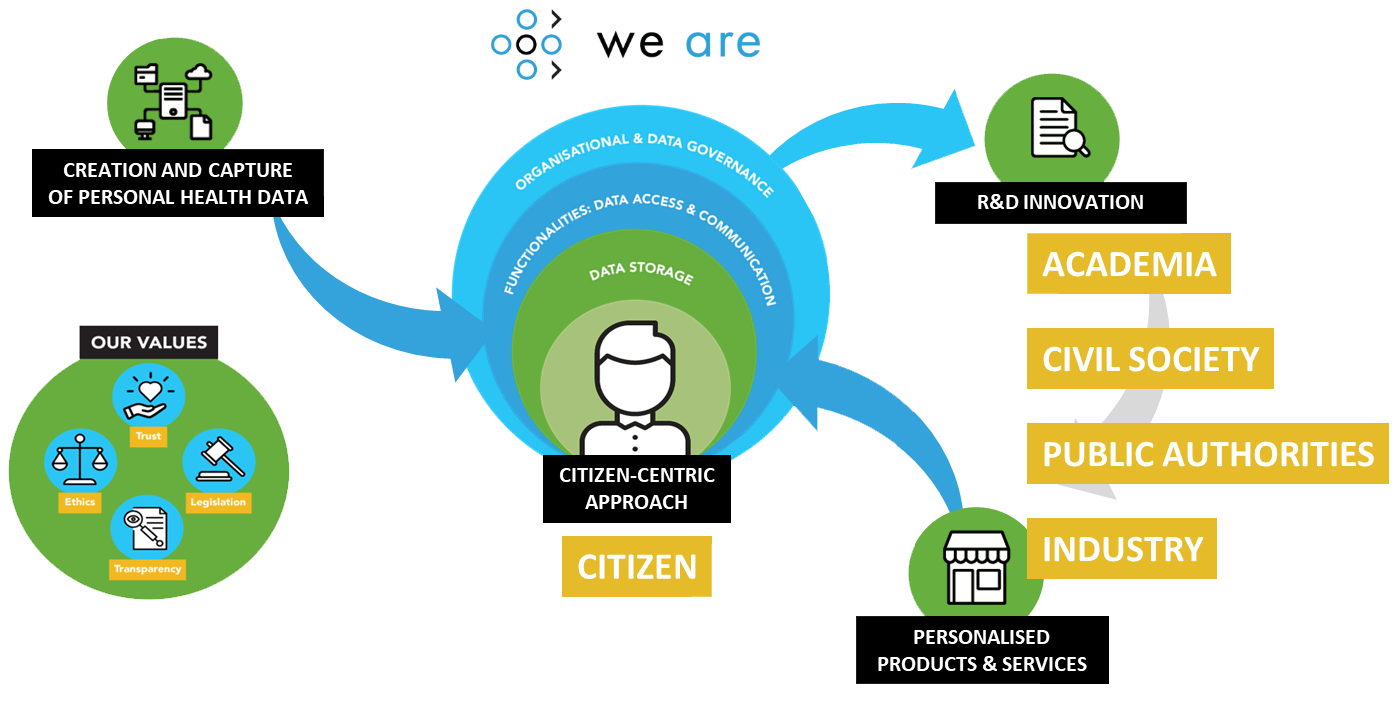
Copyright principles: Fonds dr. Daniël De Coninck
Technology
The We Are platform makes use of the Solid technology to provide citizens with personal data vaults. Solid is a specification for decentralized storage of personal data in citizen-owned pods. Pod stands for personal online data – the vault. Citizens can control who and which applications get access to data in their pod. Data are stored in a standardized and interoperable format, allowing different applications to use the same data. The separation of data from applications is a key concept in Solid, challenging the current situation in which organisations collect personal data and keep them under their control for their own use.
One of the founders of and driving forces behind Solid is Sir Tim Berners-Lee, the inventor of the Web. Important research and development around Solid is happening in Flanders, Belgium, including in the Flanders AI Research Program, where the We Are platform is a use case.
More info on Solid and the Flanders AI Research Program:

